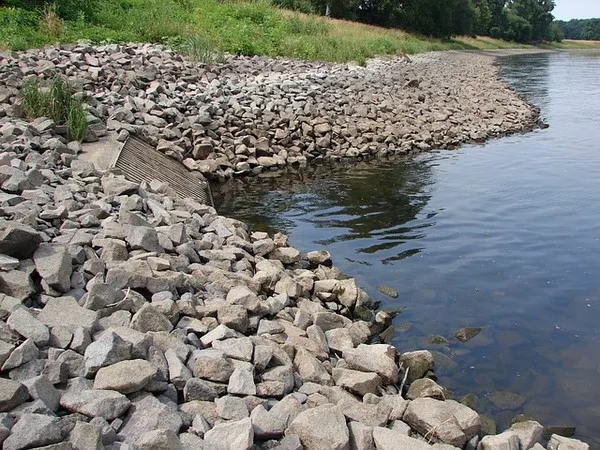An interdisciplinary research team from the University of Waterloo is leveraging artificial intelligence (AI) to revolutionize the identification of microplastics. Microplastics, pervasive environmental pollutants found in food, pose significant threats to ecosystems and human health. The team’s advanced imaging identification system utilizes deep learning to expedite and enhance the accuracy of microplastics identification, surpassing traditional methods.
The research, published in Environmental Pollution under the title “Leveraging deep learning for automatic recognition of microplastics (MPs) via focal plane array (FPA) micro-FT-IR imaging,” showcases the innovative approach. Led by Dr. Wayne Parker, the team employed an advanced spectroscopy method that exposes particles to various wavelengths of light, generating unique signals akin to fingerprints. These signals aid in distinguishing microplastics from organic materials.
The challenge in microplastics identification lies in their diverse compositions, influenced by manufacturing additives and fillers that can obscure distinctive signals. Human intervention is often required for meticulous analysis, making the process slow and error-prone. To address this, Dr. Parker collaborated with Dr. Alexander Wong, an expert in artificial intelligence and medical imaging, to develop “PlasticNet,” an AI tool that accelerates the analysis of large numbers of particles, achieving a 50% speed boost and 20% greater accuracy compared to previous methods.
PlasticNet employs a deep learning neural network trained on existing literature data and custom-generated images, enabling it to swiftly and accurately identify microplastics, regardless of fingerprint quality. The system was tested on microplastics from a local wastewater treatment plant, demonstrating unprecedented speed and accuracy in identification. The researchers believe that the technology, by facilitating rapid and precise analysis, can empower wastewater treatment plants and other industries to make informed decisions for environmental protection.
The next phase of the project involves continuous learning, testing, and expanding the dataset to enhance PlasticNet’s microplastics identification capabilities, making it applicable across diverse environmental and industrial contexts.

